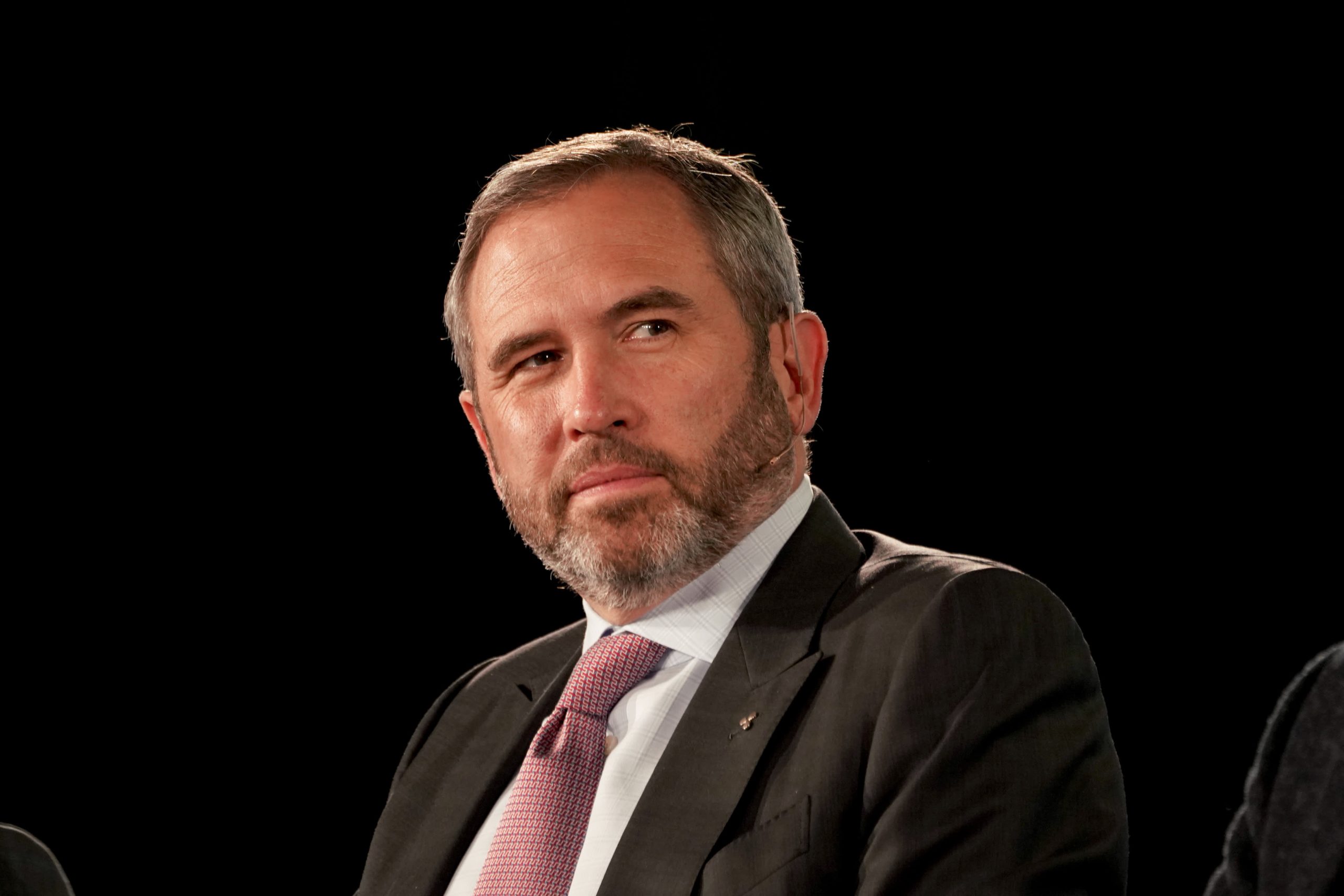Brad Garlinghouse, the CEO of Ripple Labs, recently disclosed that the company is in the process of repurchasing up to $1.4 billion of its stock from investors. He shared this information during his speech at the Fortune Brainstorm Tech Conference in Utah.
The speech addressed various issues facing Ripple and the broader crypto industry, including regulatory efforts in Europe, Ripple’s legal disputes with the SEC, and the company’s plans for an IPO.
Garlinghouse highlighted that Ripple’s IPO plans are currently on hold due to ongoing issues with the US Securities and Exchange Commission (SEC). He clarified that the delay in the IPO is not due to regulatory uncertainties about XRP, as Judge Analisa Torres ruled in July 2023 that XRP is not a security. This ruling provides XRP with regulatory clarity, similar to Bitcoin, in the United States.
Garlinghouse emphasized that while Ripple Labs is actively repurchasing its shares, going public is not the company’s ultimate goal but merely a step in its larger strategy.

The ongoing buyback from investors and employees, expected to total $1.4 billion, is part of Ripple’s broader plan to consolidate its ownership structure. Despite the repurchase efforts, Ripple does not have immediate plans to pursue an IPO.
During his speech, Garlinghouse also addressed the politicization of cryptocurrency in the United States, noting his surprise that crypto has become a partisan issue.
He contrasted this with other regions where both public and private sectors recognize the advancements and benefits of cryptocurrencies. He highlighted the significant legal costs Ripple has incurred, amounting to approximately $150 million, due to its prolonged battle with the SEC.
In response to the ongoing SEC lawsuit, Garlinghouse refrained from providing a specific date for the final hearing. He noted that Ripple’s legal battles have had an impact on XRP’s market performance, with the cryptocurrency trading below $1.
However, he expressed optimism that a favorable ruling against the SEC could lead to XRP reaching its all-time high again. This sentiment is echoed by crypto enthusiasts who believe that resolving legal uncertainties will allow XRP to retest key resistance levels and potentially benefit from the positive trends in the broader crypto market.
